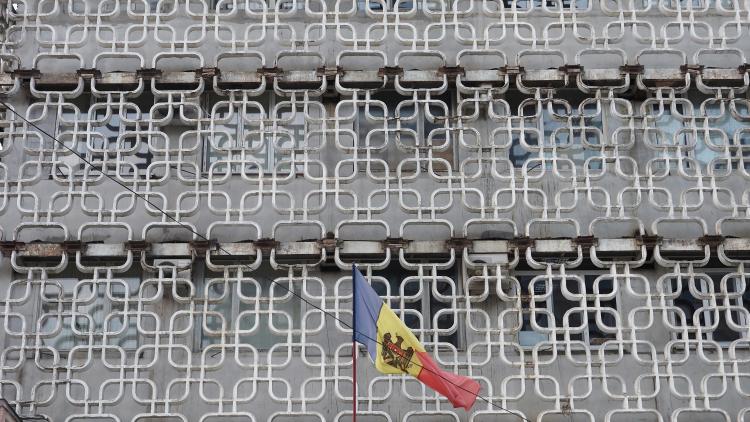
The state of emergency, which was in effect on the territory of the Republic of Moldova for almost two years, ended at the end of December 2023. Parliament had declared the state of emergency on February 24, 2022 immediately after Russia attacked Ukraine. Initially instituted for 60 days, the state of emergency was extended several times by the Parliament until the end of 2023.
Freedom of expression and peaceful assembly most affected by 2022-2023 emergency measures
During the state of emergency, the Commission for Exceptional Situations (CES) was the legal structure to adopt provisions to manage the challenges related to the influx of refugees, the energy crisis and other threats related to regional and national security. The CES was entitled to issue provisions that did not require compliance with the legal requirements for transparency and participation, and some of its provisions limited rights and freedoms
Freedom of expression. Between 2022-2023, the CES's effort to counter disinformation resulted among others in suspending the broadcast licenses of 12 TV stations (6 in December 2022 and another 6 in November 2023) on the allegation of spreading false information. In the same period, the Information and Security Service blocked more than 100 web pages for fake news content. At that time, specialised CSOs expressed concerns regarding the practice of suspending the licences of TV stations in the absence of extensive explanations regarding the factual and legal circumstances justifying the restrictive measure.
Freedom of assembly. The right to freedom of peaceful assembly was also limited, to a lesser extent. During the state of emergency, the CES was entitled to ban assemblies and impose limitations without additional specifications regarding the conditions of application. In October 2022, CES modified the legal procedures related to stopping and dispersing an assembly: it excluded Local Public Authorities representatives and the organiser of an assembly from the procedure y, thus eliminating the checks and balances over the police, which was provided in the Law on Assemblies. A second limitation imposed in 2022 meant that assemblies that block road traffic and/or access to public institutions were prohibited during working days. In 2023, the CES derogated once more from the provisions of the Law on Assemblies: it provided a priority for public institutions to organise assemblies between 14 May-2 June 2023 regardless of the order of submission of other notifications. This derogation was instituted for two events specifically: the National Assembly European Moldova with 75,000 participants in Chisinau organised by the Government on 21 May and the European Political Community Summit held in Bulboaca on 1 June with leaders from 45 countries across the continent.
State of emergency lifted but new laws allow for urgent measures without transparency or citizen engagement
On 30 December 2023, with the end of the state of emergency, all restrictions based on CES provisions were lifted. At the same time, according to the declarations of the public authorities, some provisions of the CES have been transposed into laws by the Parliament: these will allow the adoption of urgent decisions without resorting to the state of emergency. Thus, in January 2024, the 12 TV stations whose licenses were suspended, continue to remain without a license as a result of a new mechanism established.
CSOs criticise new legal mechanism
On January 16, a group of CSOs made a statement condemning the new mechanism. The signatory CSOs condemn the lack of transparency in the process of drafting, voting and implementation of the new legal mechanism and call on the authorities to abandon such practices. The signatories also call for any restrictions on freedom of expression:
- to be allowed only to protect a legitimate interest as provided by the law;
- to be allowed only when the restriction is proportionate to the situation that prompted it;
- to maintain a fair balance between the protected interest and freedom of expression, as well as the public’s right to be informed; and
- to ensure the public consultation and involvement of relevant stakeholders in the process of identifying legal and necessary solutions.
With the threat of hybrid attacks still present, the government will probably apply other countermeasures going forward. How much these measures will be transparent in their adoption and whether they will respect the criteria of proportionality and necessity remain a question.
